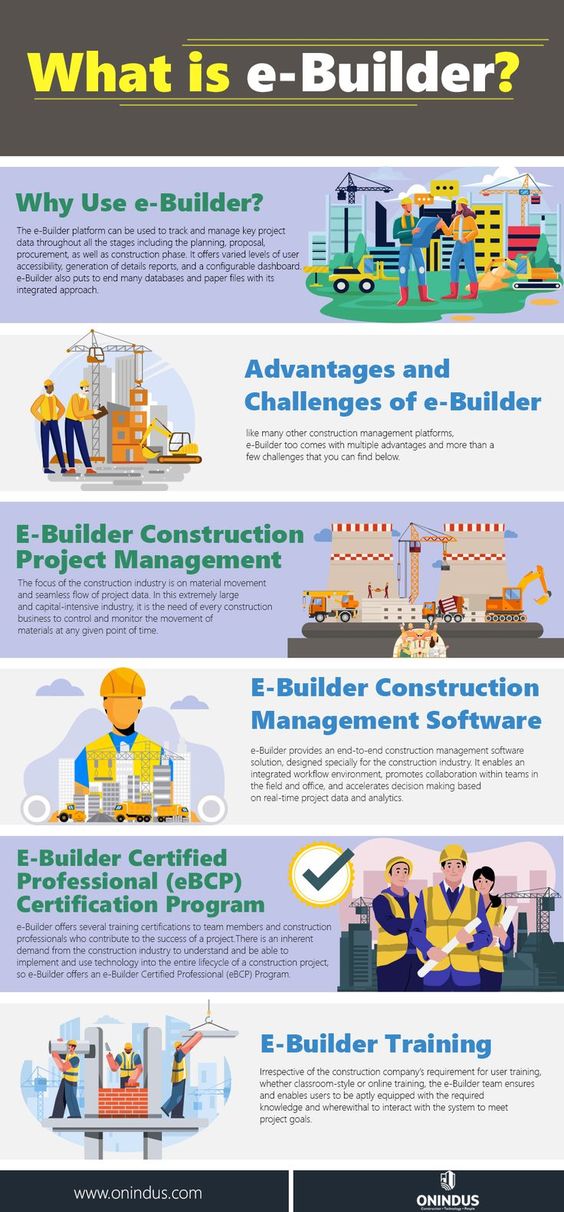Planning
The initial stage of any project is planning. At this stage, the project manager identifies the feasibility of the construction, resources availability, and the project’s purpose. This includes scope definition, scheduling, budgeting, and contractor selection. During these phases, it is advisable to use project management software to track every single detail.
Design Phase
This phase is the core of the construction project. The design phase identifies how the construction will look like, the facilities involved, and functions. A project manager should seek the guidance of an architect or engineer to get the desired design, which will be reviewed and approved by local authorities.
Pre-Construction
This stage involves surveying the construction site to identify potential challenges and come up with possible solutions. Mapping out the site and identifying the materials required and labor force is essential at this stage. This phase requires a shorter duration than the other stages but a crucial part of the construction project management process.
Procurement stage
The procurement phase involves sourcing materials from suppliers and hiring subcontractors. A project manager has to ensure that materials and contractors are available when needed to avoid unexpected delays.
Construction Phase
The construction phase starts after procurement and involves putting everything into action. This includes stacking materials, pouring the foundation, erecting beams, and constructing walls. It is crucial to have a monitoring system in place, which involves regularly checking how the construction’s progress aligns with the plan. A project manager must manage the construction team, communicate progress and address any issues that arise.
Monitoring and Control
Monitoring and control phase are ongoing activities that ensure that the project is on schedule and budget. A project manager must maintain a close watch on the project’s milestones, budget, materials, and labor force. This includes performing scheduled inspections, implementing any required changes and identifying potential issues before they become problems.
Closeout
On completion of the construction phase, the project moves to the closeout stage. At this phase, it is essential to complete necessary documentation such as building permits, occupancy permits or any other documents required by the local authorities. It is also mandatory to get final approval sign-off from the client.
Post-Construction
The last stage involves handing over the project to the client for their use, maintenance, and operations. Once post-construction activities are complete, the project is closed.
Here are the eight steps involved in a construction project management process:
You might find these FREE courses useful
- 7 In-Demand Scrum Master Certifications 2023
- What Is a Scrum Master (and How Do I Become One)?
- Introduction to Agile Development and Scrum
- Scrum Master Certification Practice
Conclusion:
Effective construction project management ensures that projects are completed on time and within budget. The process involves proper planning with budget constraints and hiring qualified professionals, including architects and engineers, monitoring and controlling the execution of the project, procurement of materials, and subcontractors. A successful construction project relies on the project management team’s ability to identify and mitigate risk, collaborate effectively with the construction team, and ensure all regulatory requirements are met. By following these eight construction project management steps, project managers can ensure they deliver quality projects within budget and deadlines.
